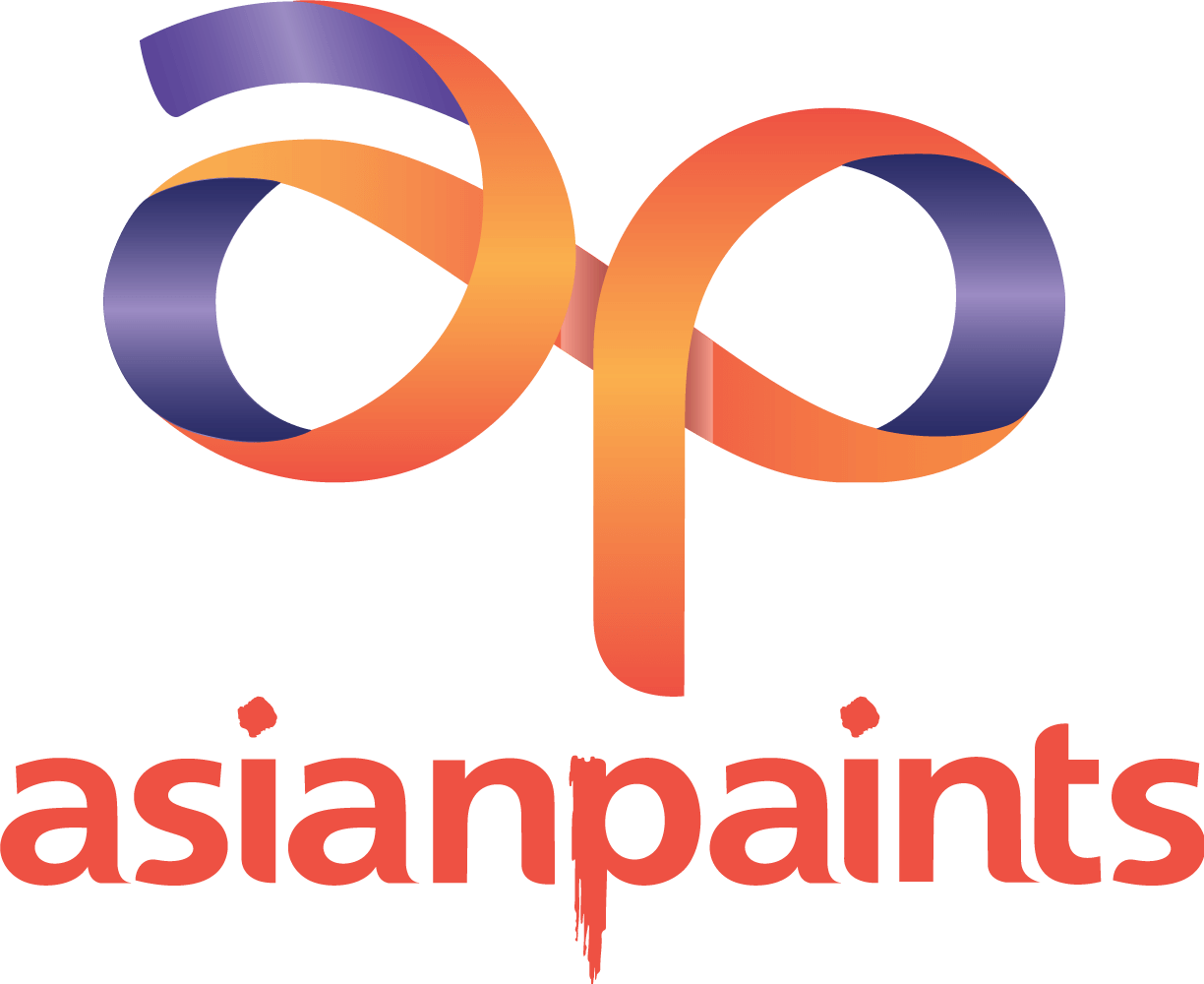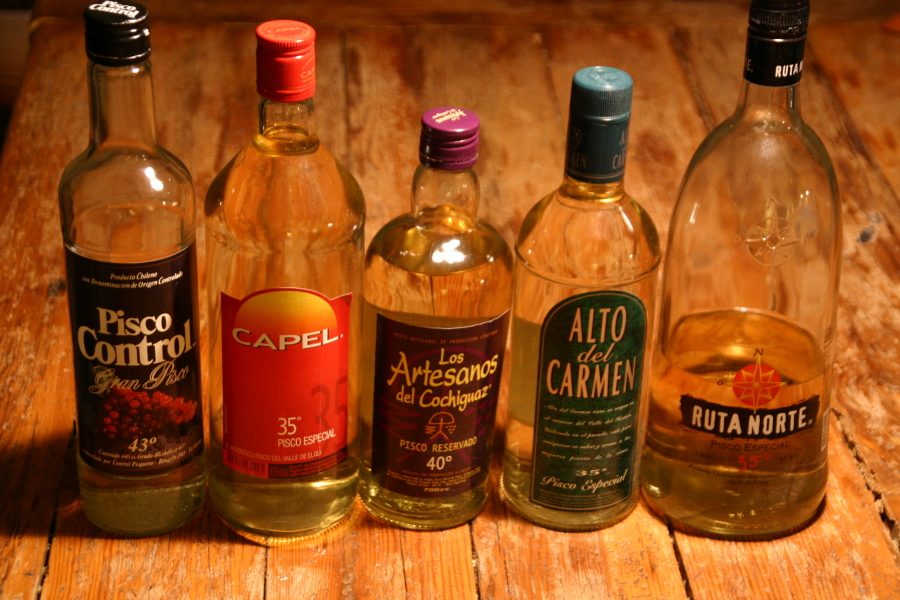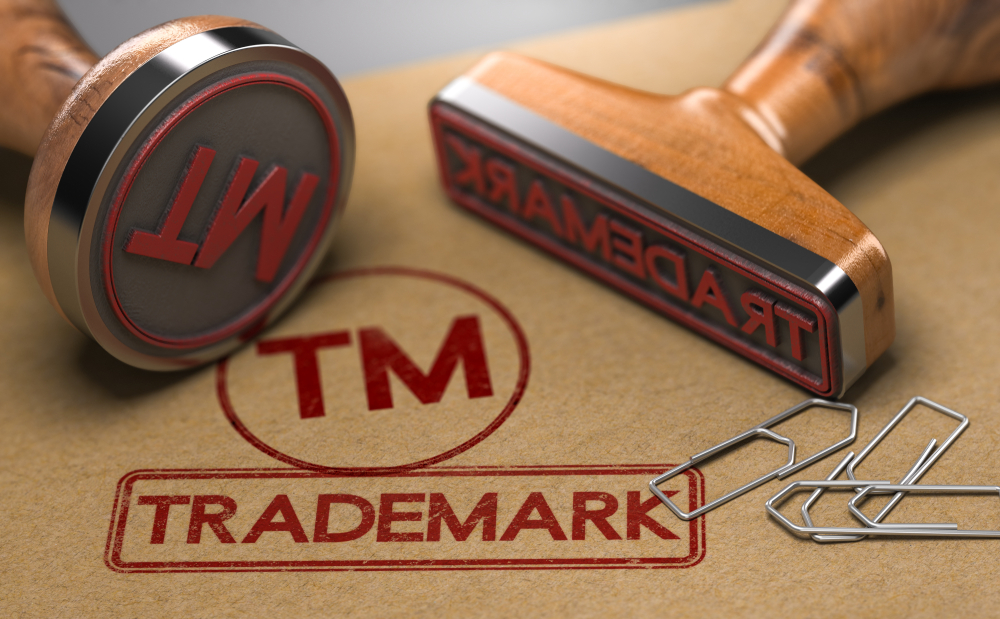For more intellectual property updates follow our WHATSAPP CHANNEL and SUNS LEGAL | LinkedIn
Written by Keerthana M, Lawyer and Verified by Sunil Jose, Managing Attorney, Suns Legal.
BAJAJ ELECTRICALS LIMITED V. ELECTRONICS MART INDIA LIMITED & ORS. COMMERCIAL IPR SUIT NO. 178 OF 2022
It hasn’t been long since the IPC and CrPC have been scrapped from the legislative domain. On the other hand, there is the Letters Patent, a colonial provision, which continues to find its application even today. The Bombay High Court in this recent case granted leave under Clause XIV of the Letters Patent to combine causes of action of infringement and passing off, to avoid multiplicity of proceedings.
Bajaj Electricals (“plaintiff/petitioner”) had filed the leave petition under Clause XIV of the Letters Patent to combine the claim for passing off with the relief for infringement. Their registered office is in Mumbai where they carry on their business. It is also an undisputed fact that the High Court of Bombay has jurisdiction to entertain the suit of infringement.
Electrical Mart Ltd and Ors. (“defendant/respondent”) conducts its business in Lucknow. The cause of action arose outside the jurisdiction of the Bombay High Court. Therefore, the plaintiff could not file a suit for passing off under Section 20 of CPC, the reason why a leave is sought to combine both the suits.
The petitioner cited the case Kalpataru Properties Pvt. Ltd. Vs. Sri Kalpataruvu Chits (India) Pvt. Ltd. 2017 SCC Online Bom. 4209 in which it was held that where the Court has jurisdiction in respect of one cause of action, i.e. infringement, the cause of action in respect of which it does not have jurisdiction i.e. passing off can be combined to avoid multiplicity of proceedings.
The plaintiff submitted that unlike the defendant’s contention, no hardship would be caused to them if they are to defend both the plaintiff’s claim for infringement and passing off together, since the issues to be dealt with in the infringement claim, (i) whether the impugned mark of the defendants is deceptively similar to the plaintiff (ii) if it causes confusion, are also to be considered in the passing off claim as well.
The defendant contended that joinder of a cause of action for passing off outside jurisdiction under Clause XIV of the Letters Patent is impermissible and is against the scheme of the Trademarks Act,1999. According to the defendant, Section 134(2) of the Act creates a legal fiction and its construction must conform to the settled principles for interpreting such legislative devices. He also argued that the legislature had consciously chosen not to extend the operation of this section to a suit of passing off and that there is a bar on filing the suit where the plaintiff resides/ carries on business.
The defendant submitted that the power to grant any kind of relief for passing off can be exercised only in a Suit for passing off validly instituted under Section 134, i.e. in a ‘District Court having jurisdiction’ in terms of Section 20 of the CPC and Clause XII of the Letters Patent.
The defendant cited the case of Harman Overseas Vs. Dongguan TR Bearing Company Ltd. 2018 (2) Born CR 167 at Paras 31-32,42 17/2 and argued that if the leave is granted and the case is to be presented before the Bombay High Court, they might incur heavy expenses since the materials relied on are at Hyderabad. They also contended that the plaintiff by choosing not to rebut the plea, through non-filing of Rejoinder, has admitted that the grant of leave might cause hardships to the defendant.
The Court after considering the submissions made by both the plaintiff and defendant, held that Section 134(2) of the Trademarks Act, 1999 is an enabling provision and the defendant’s contention that it cannot be extended to include a suit of passing off cannot be accepted. He also added that it is not a bar for the applicability of Clause XIV of the Letters Patent. When the Trademarks Act was enacted, the legislature was aware of the existence of Clause XIV of Letters Patent. If it was not to be resorted to, they would have mentioned so in Section 134.
The court opined that Clause XIV enables the joinder of causes of action when there are several ones against the defendant. However, the High Court must have original jurisdiction on atleast one of those matters. Thus, for a cause of action for passing off not within Section 134(2) of the Act, leave under Clause XIV of the Letters Patent would be granted by the Court to join that cause of action with the cause of action of infringement over which it has jurisdiction, to prevent multiplicity of proceedings. (International Associations of Lions Clubs Vs. Association Of Lions India & Ors. (2007)35 PTC 44)
Thus, the court rejected the defendant’s submissions and held that leave under Clause XIV of the Letters Patent is required to be granted to avoid multiplicity of proceedings considering that the Court has jurisdiction in respect of one of the causes of action and can join the other cause of action over which it does not have jurisdiction.
COMMENTS
Multiplicity of proceedings is frowned upon by the system of judiciary. It delays justice and once delivered, makes it ineffective. In this case, the interplay of provisions of Trademarks Act, 1999 and the Letters Patent has helped avoid this issue by clubbing the suits of passing off and infringement together.





